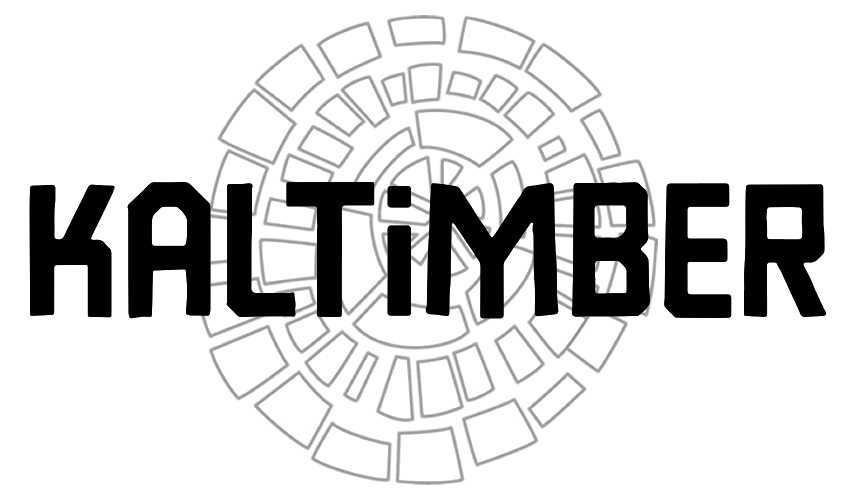If you have never delved into growing vegetables before, you will surely realize that the activity entails a lot of labor, but in the end, it is very rewarding. Basically when you begin knowing the ins and outs of growing a vegetable garden, there is no practical difference between this and growing flowers or herbs.
Ulin saw dust
But, in the event that you want to attain the proper output, you still require performing it rightly and planning it the very essence of it. To tell you the truth, when it comes to growing your own vegetable garden at home, you need to begin with a comprehensive planning of everything even before tilling your soil. There are certain parameter and guidelines that one needs to mull over and listed below are some of the tips and tricks of growing your own vegetable garden:
· CLIMATE IN YOUR LOCALITY: You have to be reminded that vegetables vary in terms of required climate in which to grow. Say for example, green leafed vegetables like lettuce, Brussels and cabbage grow better in cool climates while eggplants, tomatoes and potatoes prefer warm and sunny type of climate.
· LOCATION OF GARDEN: Another parameter that requires thinking is the position where the vegetable garden is going to be positioned. Preferably, it needs to be in a place that obtains right amount of sunlight on a daily basis but where the soil is perfect and water can be discharged easily. To add, exerting some kind of protective fencing on the perimeter to be able to prevent animals like dogs and rabbits from getting access and damaging the vegetables you are growing. You can consider doing above ground gardening with structure made out of our special anti rot and anti termite reclaim Ulin.
· GARDEN TOOLS AND EQUIPMENT: It is very crucial that you ensure that you maintain all the tools and equipment you need within easy reach where your garden is located. Do not forget that garden is hard work and you do not want to shell out substantial amount of time to walk to gather all the equipment you need to work on yours.
· SIZE OF THE PLANTS: After mulling over on the location, the next thing that you need to decide on is the types of plants that you want to grow. Again, the size of your garden will specify what types of vegetables you need to grow. If you have a small area, then you have to select vegetables that do not require large amount of space to be propagated. Plus the taller vegetables like sweet corn, beans and the like can be placed at the back while the smaller ones can be positioned at the front. This will give insurance that all plants are getting right amount of sunlight everyday to aid them in growing.
· PLANTING ALL YEAR ROUND: If you want to make sure that you have fresh vegetables on a yearly basis, then you have to make sure that you plant those vegetables that grows during particular periods of the year. If you have an idea what type of vegetables grows best through specific time of the year, there are a lot of books that will help you.
· SOIL QUALITY: We don't all have the same luck in regards to the soil quality. Some of us can plant anything and it will grow easily, but sometimes, we need to boost the soil. To do so, compost is a great addition for your garden. Most of us know that weeds, food scraps, leaves and grass clippings are the usual suspects for a great compost, but do you know that sawdust is the ideal friend to balance the nitrogen from the “green” composting materials (like food)? Indeed, it is used to add carbon to the mix and increase the overall quality of your compost.
Above, we have discussed about some of the most crucial factors to consider before you begin growing your won vegetable. If like other, you are just a newbie in the field, internet is the best way for you to get effective results. However, you need to take a lot of patience as results do not come fast.
Vegetable garden - Structure can be made out of anti rot Ulin ironwood - source gardendad.com


